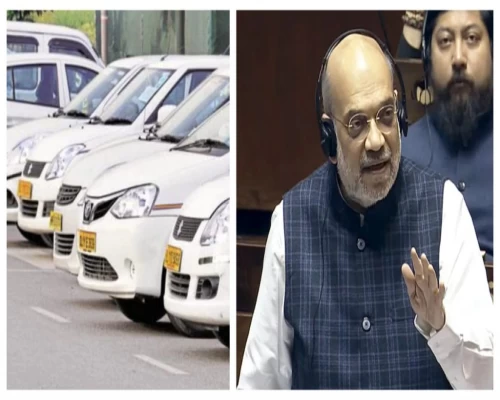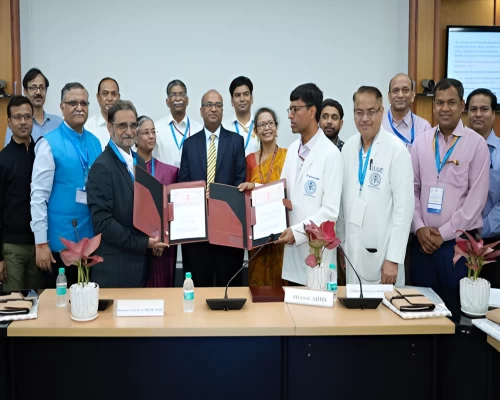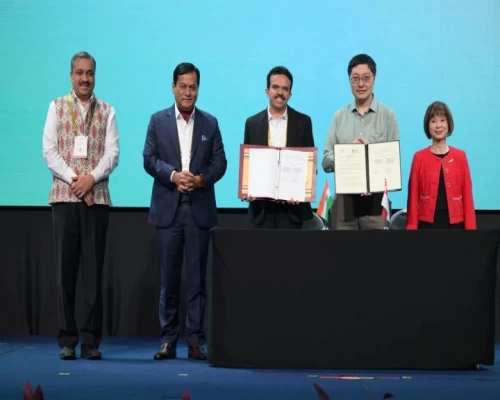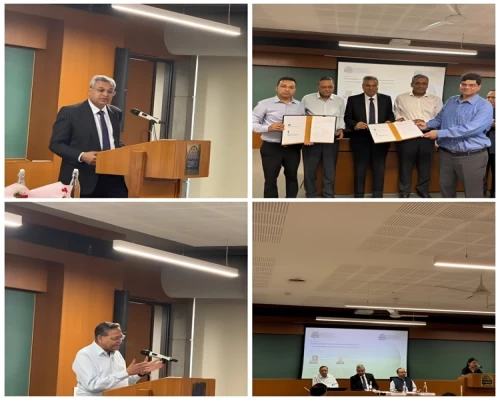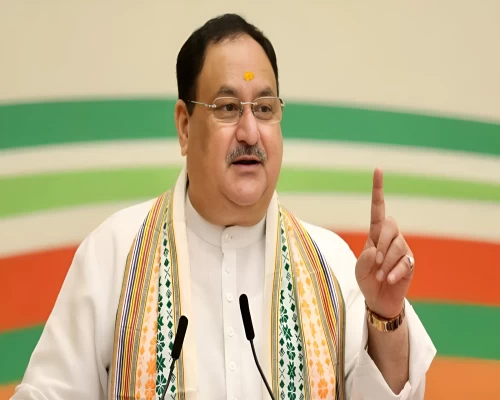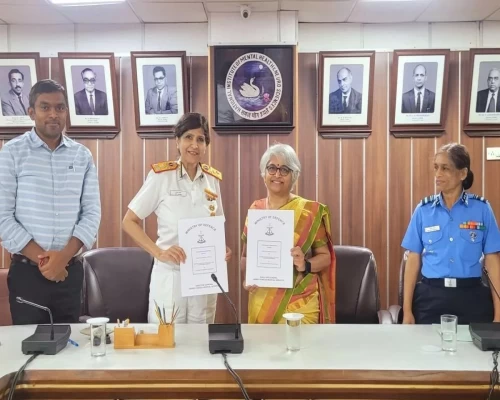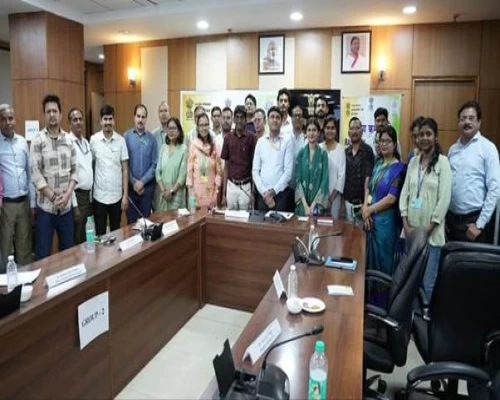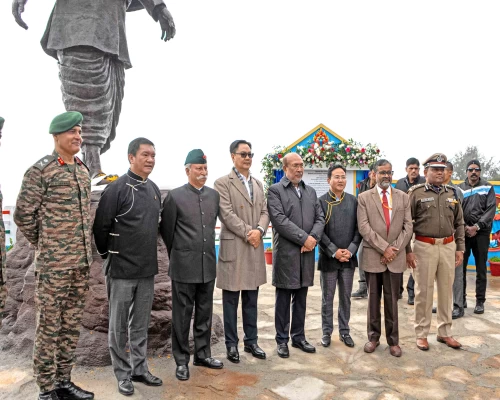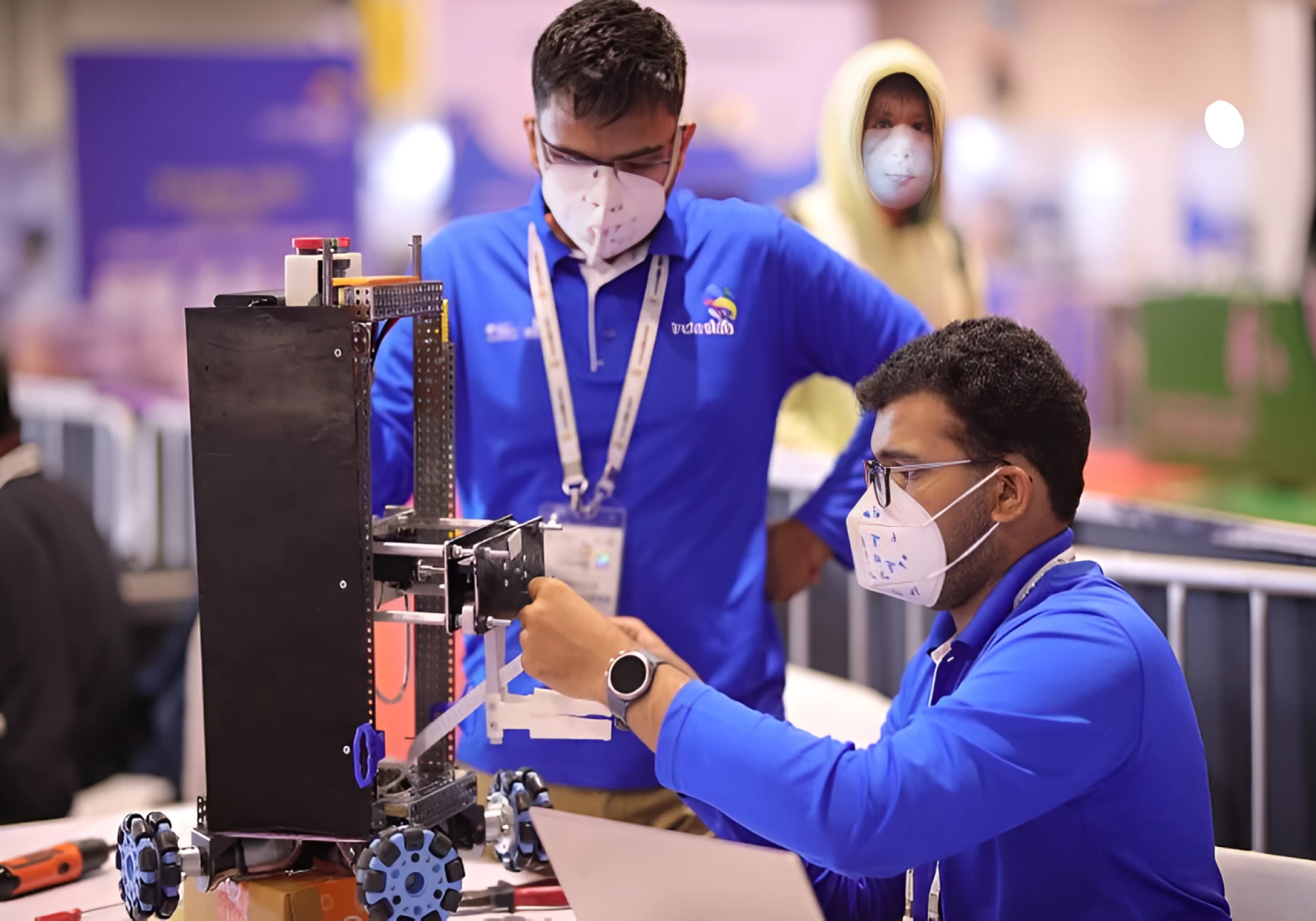
New Delhi: The Union Cabinet, chaired by Prime Minister Narendra Modi, on Friday approved the continuation and restructuring of the Central Sector Scheme ‘Skill India Programme’ until 2026, with a total outlay of Rs 8,800 crore from 2022-23 to 2025-26. The decision aims to build a skilled, future-ready workforce by integrating demand-driven, technology-enabled, and industry-aligned training across the country.
Pradhan Mantri Kaushal Vikas Yojana 4.0, the Pradhan Mantri National Apprenticeship Promotion Scheme, and the Jan Shikshan Sansthan scheme have now been combined under the composite Central Sector Scheme of Skill India Programme. These initiatives are designed to provide structured skill development, on-the-job training, and community-based learning, ensuring that urban and rural populations, including marginalised communities, have access to high-quality vocational education. More than 2.27 crore individuals have benefited from these flagship schemes under the Ministry of Skill Development and Entrepreneurship.
Pradhan Mantri Kaushal Vikas Yojana 4.0 provides NSQF-aligned skill development training through short-term training, including special projects, as well as reskilling and upskilling through recognition of prior learning for individuals aged 15 to 59. The scheme has been transformed to focus on industry-oriented skill development, aligned with national priorities, with increased accessibility. A key feature is the integration of on-the-job training within short-term skilling programmes, ensuring trainees gain real-world exposure and industry experience. More than 400 new courses have been introduced in areas such as artificial intelligence, 5G technology, cybersecurity, green hydrogen, and drone technology, addressing emerging industry demands.
A blended and flexible learning model incorporating digital delivery has been introduced to make training more scalable. To provide targeted, industry-relevant skills, the programme includes micro-credential and National Occupational Standards-based courses ranging from 7.5 to 30 hours. Skill hubs have been established across premier academic institutions, including IITs, NITs, Jawahar Navodaya Vidyalayas, Kendriya Vidyalayas, Sainik Schools, Eklavya Model Residential Schools, PM Shri Schools, toolrooms, NILET, and CIPET. The curriculum is available in multiple regional languages to enhance accessibility, with over 600 trainee and trainer handbooks translated into eight regional languages.
A national pool of one lakh assessors and trainers is being developed to strengthen quality training and assessments. Industry partnerships have been established to provide employment opportunities through the Recruit Train Deploy model. The scheme also focuses on international mobility, ensuring Indian workers possess globally recognised skills. The Ministry has signed mobility partnership agreements and memoranda of understanding with various countries and conducted sectoral skill gap studies. Training in domain skills, joint certifications, language proficiency, and soft skills has been introduced to enhance international employment opportunities.
A whole-of-government approach has been adopted to drive inter-ministerial convergence, ensuring seamless execution of skilling initiatives across sectors. The scheme is aligned with key government initiatives, including PM Vishwakarma, PM Surya Ghar: Muft Bijli Yojana, the National Green Hydrogen Mission, and Nal Jal Mitra. Procedural changes have been introduced to improve efficiency, including realigning demand assessment strategies to better identify sectoral skill gaps and industry needs. The scheme has adopted an ease-of-doing-business approach to reduce compliance burdens and streamline participation.
The Pradhan Mantri National Apprenticeship Promotion Scheme focuses on apprenticeship as a key component of skill development. Apprenticeship training plays a vital role in on-the-job vocational training, allowing youth to acquire skills while earning a stipend. The scheme ensures a seamless transition from education to employment by providing industry-specific training. To support both apprentices and establishments, the central government provides 25 percent of the stipend, up to Rs 1,500 per month per apprentice, through direct benefit transfer during the training period. The scheme is designed for individuals aged 14 to 35, ensuring inclusive access to skill development opportunities. It encourages apprenticeship opportunities in traditional manufacturing sectors as well as emerging fields such as artificial intelligence, robotics, blockchain, green energy, and Industry 4.0 technologies. Special attention is given to promoting apprenticeships in micro, small, and medium enterprises and in underserved regions such as aspirational districts and the Northeast.
The Jan Shikshan Sansthan scheme is a community-based skilling initiative designed to provide vocational training that is accessible, flexible, and inclusive, particularly for women, rural youth, and economically disadvantaged groups. It caters to individuals aged 15 to 45 and delivers low-cost training with flexible schedules, enabling skill development at the doorstep. The scheme fosters both self-employment and wage-based livelihoods while also promoting social empowerment by creating awareness on health, hygiene, financial literacy, gender equality, and education. It is linked with key government initiatives, including PM Janman and the Understanding of Lifelong Learning for All in Society initiative, to promote inclusive skilling.
All certifications under the Skill India Programme are mapped to the National Skills Qualification Framework and integrated with DigiLocker and the National Credit Framework, ensuring formal recognition of skills and enabling smooth transitions into employment and higher education. With the continuation of the Skill India Programme, the government seeks to reinforce its commitment to lifelong learning, recognising the importance of continuous upskilling and reskilling in a rapidly changing employment landscape. The initiative will directly contribute to workforce development policies by aligning with economic and industrial trends.
The Skill India Programme plays a crucial role in equipping India’s workforce with the skills required to succeed in an evolving global economy. By integrating industry-relevant training, emerging technologies, and international mobility initiatives, the programme aims to create a highly skilled and competitive workforce. As a key driver of economic empowerment, it contributes to employment generation, entrepreneurship, and productivity enhancement across sectors. The Ministry of Skill Development and Entrepreneurship remains committed to strengthening vocational education, expanding apprenticeship opportunities, and fostering lifelong learning to ensure India’s workforce is future-ready and positioned as a global leader in skill-based employment.
BI Bureau






